Theresa May’s premiership is now a memory. Boris Johnson’s time in office assumes the status of a rather brief, if often embarrassing, interlude. Liz Truss has gone in short order. The threat of a comeback by Johnson has been lifted. What a rollercoaster.
Each of these events, in its time, took centre-stage in our politics and each prime minister became for a while the object of contempt, suspicion and rage.
Already a subscriber? Log in
Subscribe for just $2 a week
Try a month of The Spectator Australia absolutely free and without commitment. Not only that but – if you choose to continue – you’ll pay just $2 a week for your first year.
- Unlimited access to spectator.com.au and app
- The weekly edition on the Spectator Australia app
- Spectator podcasts and newsletters
- Full access to spectator.co.uk
Or
Unlock this article
You might disagree with half of it, but you’ll enjoy reading all of it. Try your first month for free, then just $2 a week for the remainder of your first year.


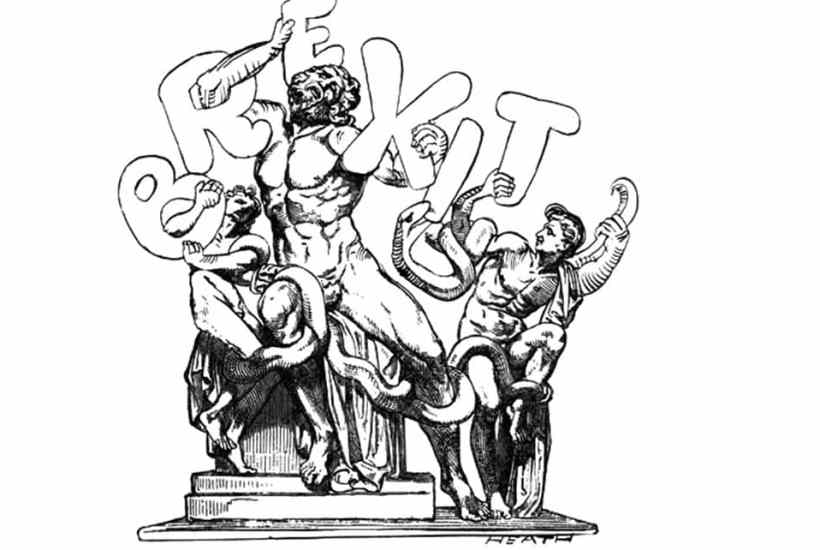
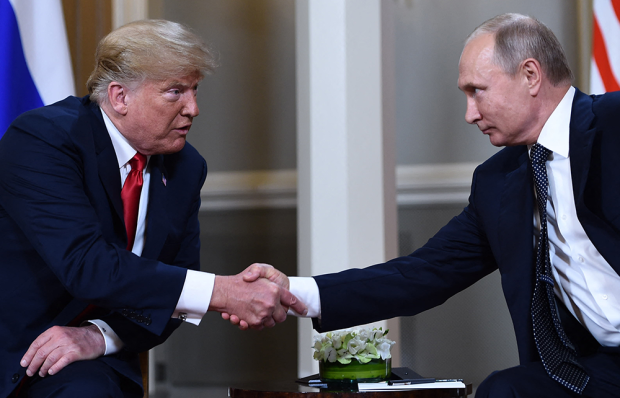
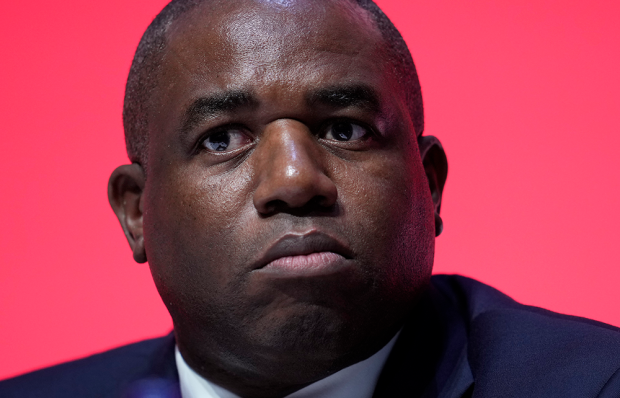
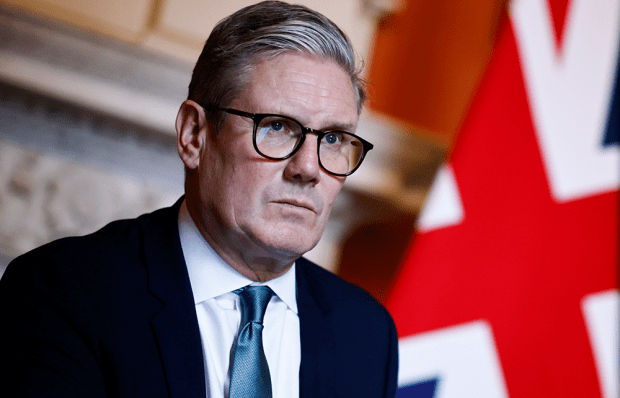
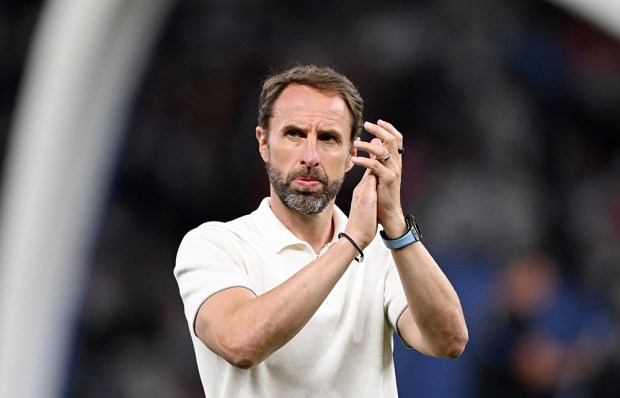
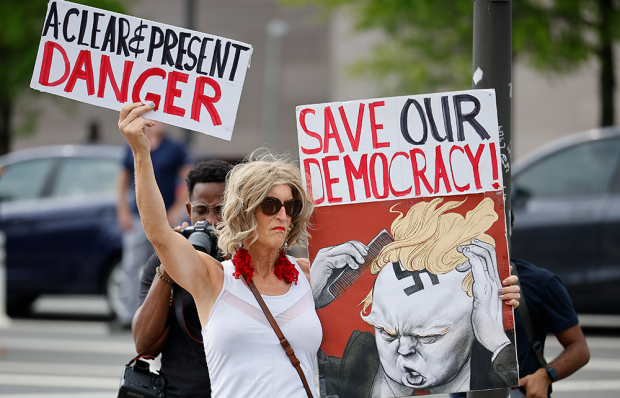







Comments
Don't miss out
Join the conversation with other Spectator Australia readers. Subscribe to leave a comment.
SUBSCRIBEAlready a subscriber? Log in